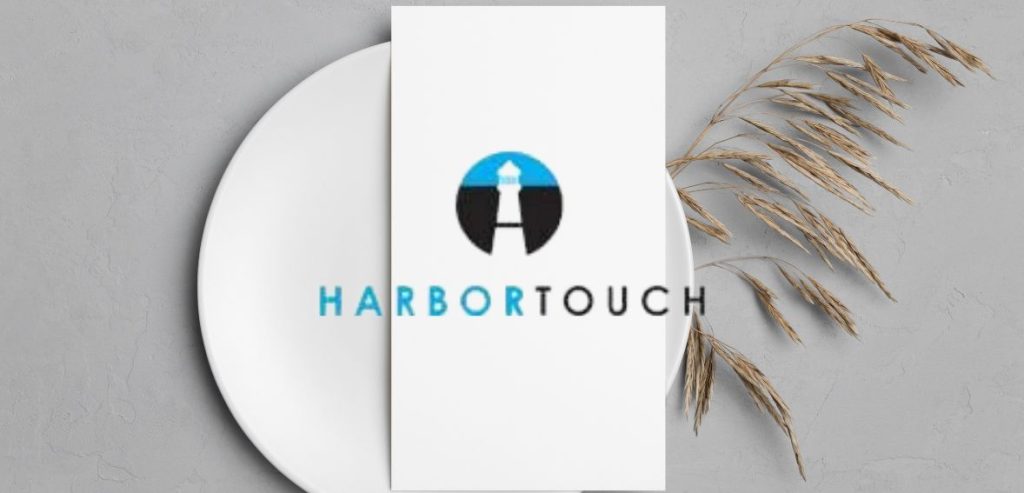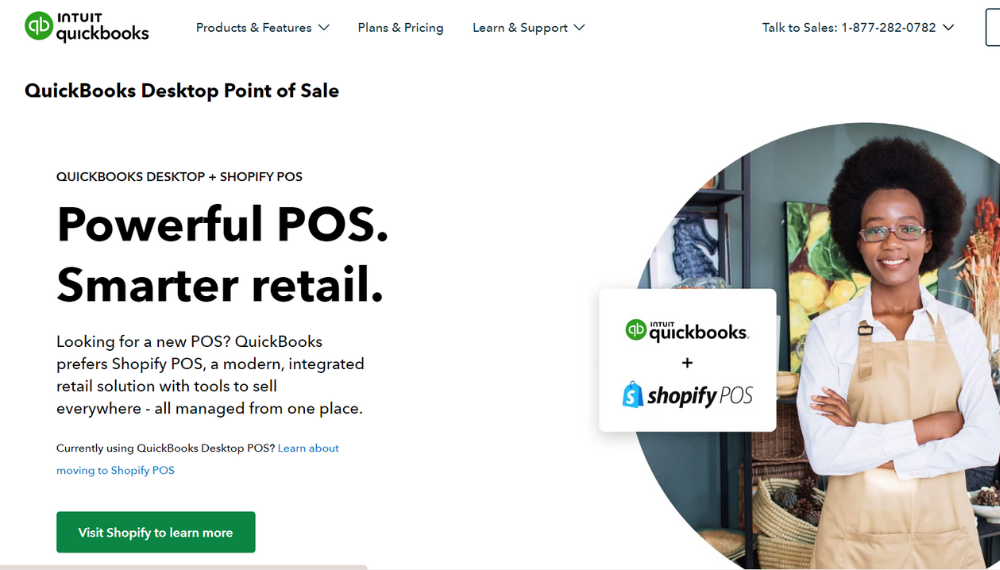Are you planning to open a liquor store but don't know where to start? Starting a liquor store can be a profitable business venture, but it requires careful planning and research. In this ultimate guide to open a liquor store, we will provide you with expert tips on how to open a successful liquor store.
Ultimate Guide To Open A Liquor Store
-
Determine the Legal Requirements
-
Create a Business Plan
- Short term and long term business goals
- Short term and long term financial goals and projections
- Short term and long term strategies.
-
Find the Right Location
-
Stock Up on Inventory
-
Hire Knowledgeable Staff
-
Develop Marketing Strategies
-
Focus on Customer Service
-
Manage Finances Effectively
-
Keep Up with Industry Trends
-
Provide a Safe and Clean Environment





